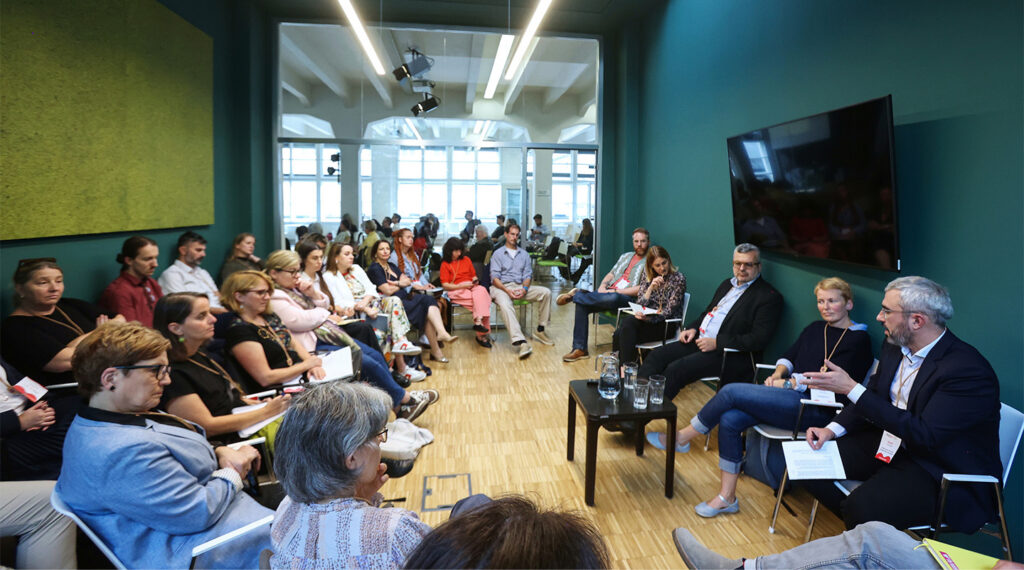The https://english.atlatszo.hu use cookies to track and profile customers such as action tags and pixel tracking on our website to assist our marketing. On our website we use technical, analytical, marketing and preference cookies. These are necessary for our site to work properly and to give us inforamation about how our site is used. See Cookies Policy
Is Orban outsmarting philanthropy?
Autocrats in Central and Eastern Europe are obsessed with independent journalism. They badmouth the press and label them as ‘opposition’ every chance they get. They create Foreign Agent Laws to starve independent outlets of their funding. They resort to legal intimidation, physical threats and murder to silence the truth. They understand and fear the power of information and will spare no expense to control it. On the flipside, our Philea membership survey points to journalism as the least chosen topic of interest two years in a row. Are philanthropists missing a trick? Are we not valuing journalism as much as the likes of Orban? Or are we unconvinced that our support could make a difference? Article by Nils Luyten on the Konektor2024 conference.
Last week at KoneKtor, I brought together a panel of journalists and journalism funders in the CEE region to help foundations understand why supporting journalism has become more indispensable and meaningful than ever before.

A politicised market model
In 2011, Tamas Bodoky founded atlatszo.hu – “atlatszo” means transparent in Hungarian – as the first Hungarian investigative journalism non-profit. While Tamas left his former publisher and established Atlatszo to be free from political influence, the challenge to retain editorial independence remains. In Hungary, where mainstream media is captured by the state and critical voices are labelled as opposition, advertising revenue doesn’t follow the market model, but political logic. With businesses afraid of being associated with critical reporting, sustaining an investigative outlet solely on ad revenue is simply infeasible.
To finance their work, some outlets experiment with forms of paywalls. For journalism non-profits established to promote transparency, accountability, and freedom of information, using paywalls feels contradictory to their goal. It would also mean losing even more readers to propaganda news, which is freely available. Instead, many critical outlets turn to crowdfunding. Yet the pressure to choose a side remains. Whilst the situation in the Czech Republic is not as alarming as that in Hungary, polarisation creates a highly volatile readership… to quote Pavla Holcová, “We are not publishing stories about local kittens”.
Share:
Your support matters. Your donation helps us to uncover the truth.
- PayPal
- Bank transfer
- Patreon
- Benevity
Support our work with a PayPal donation to the Átlátszónet Foundation! Thank you.
Support our work by bank transfer to the account of the Átlátszónet Foundation. Please add in the comments: “Donation”
Beneficiary: Átlátszónet Alapítvány, bank name and address: Raiffeisen Bank, H-1054 Budapest, Akadémia utca 6.
EUR: IBAN HU36 1201 1265 0142 5189 0040 0002
USD: IBAN HU36 1201 1265 0142 5189 0050 0009
HUF: IBAN HU78 1201 1265 0142 5189 0030 0005
SWIFT: UBRTHUHB
Be a follower on Patreon
Support us on Benevity!

